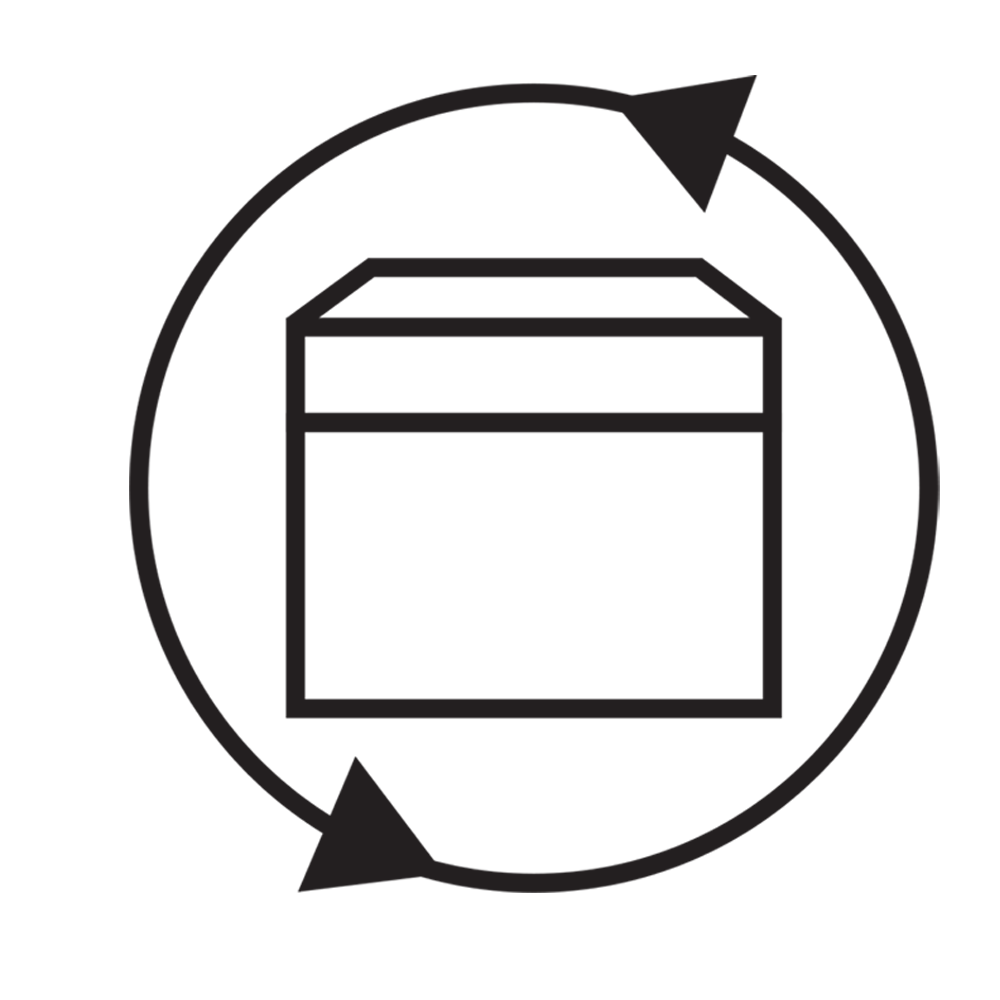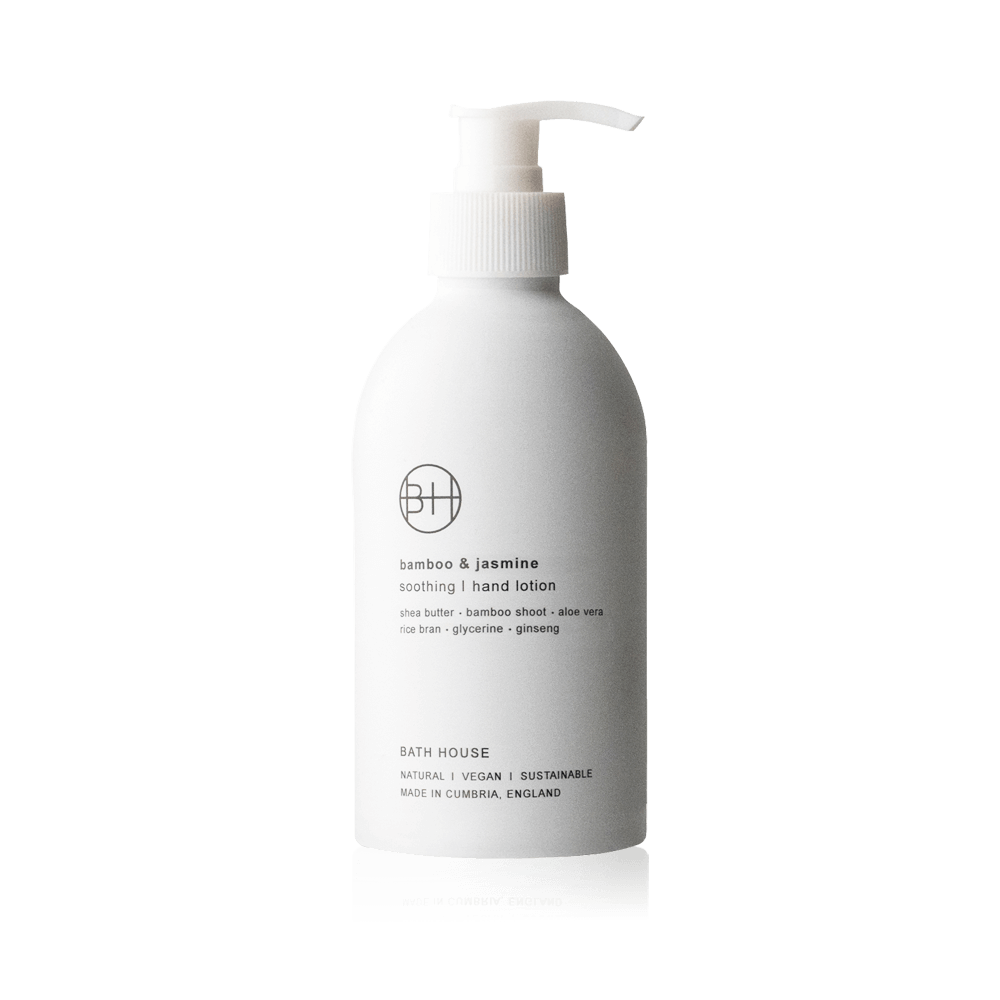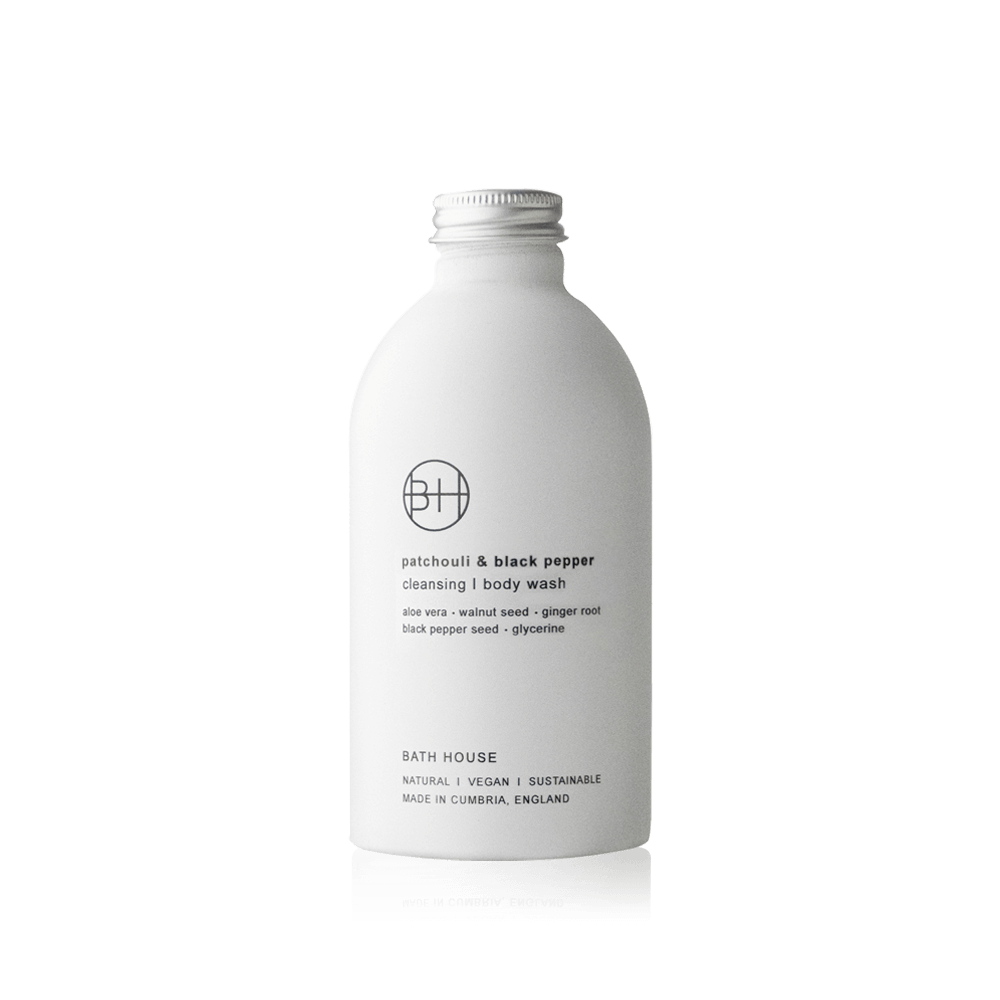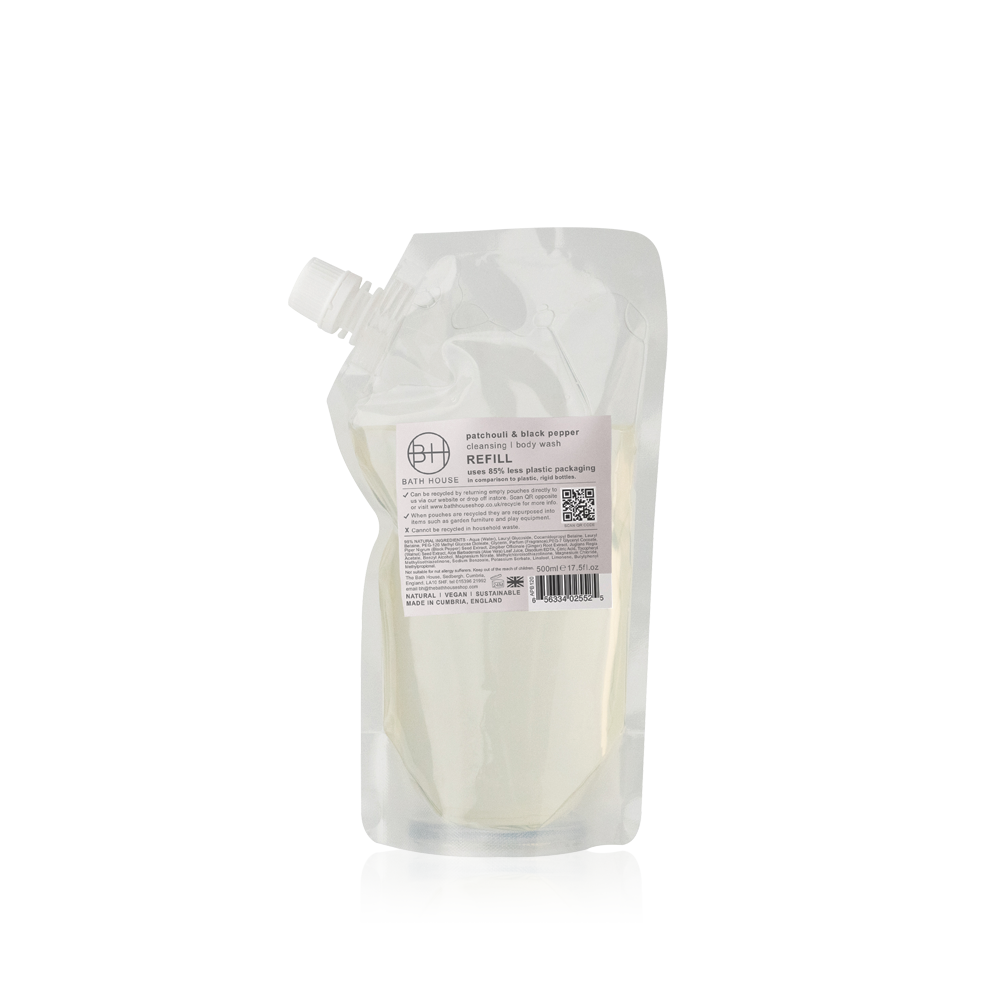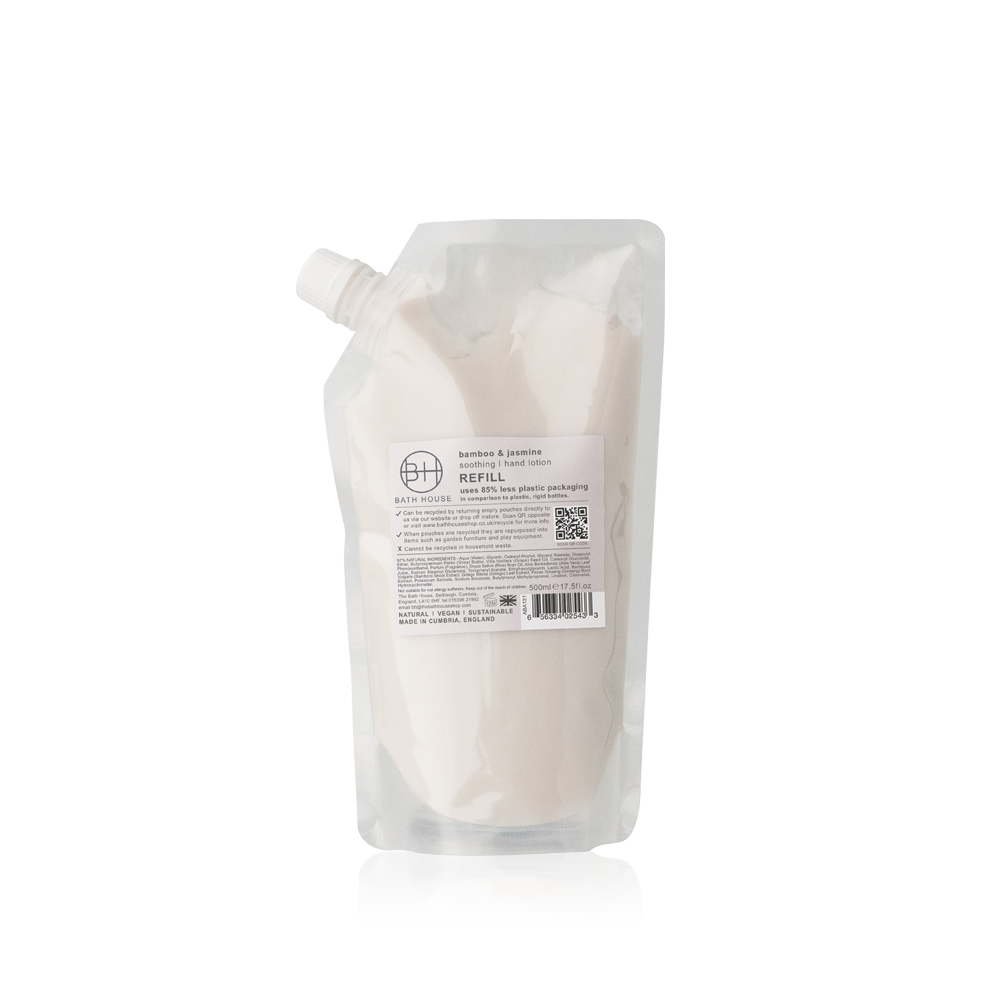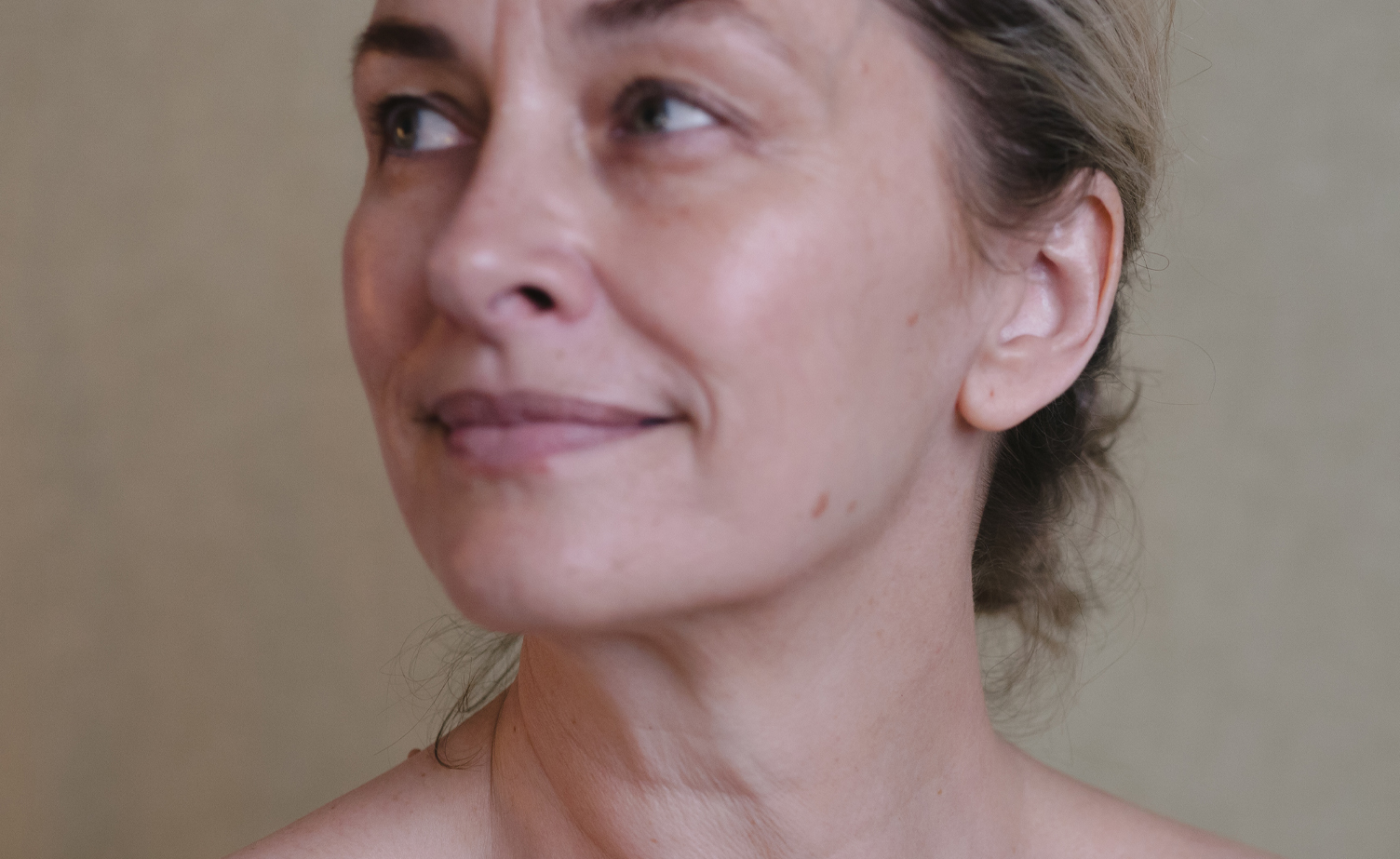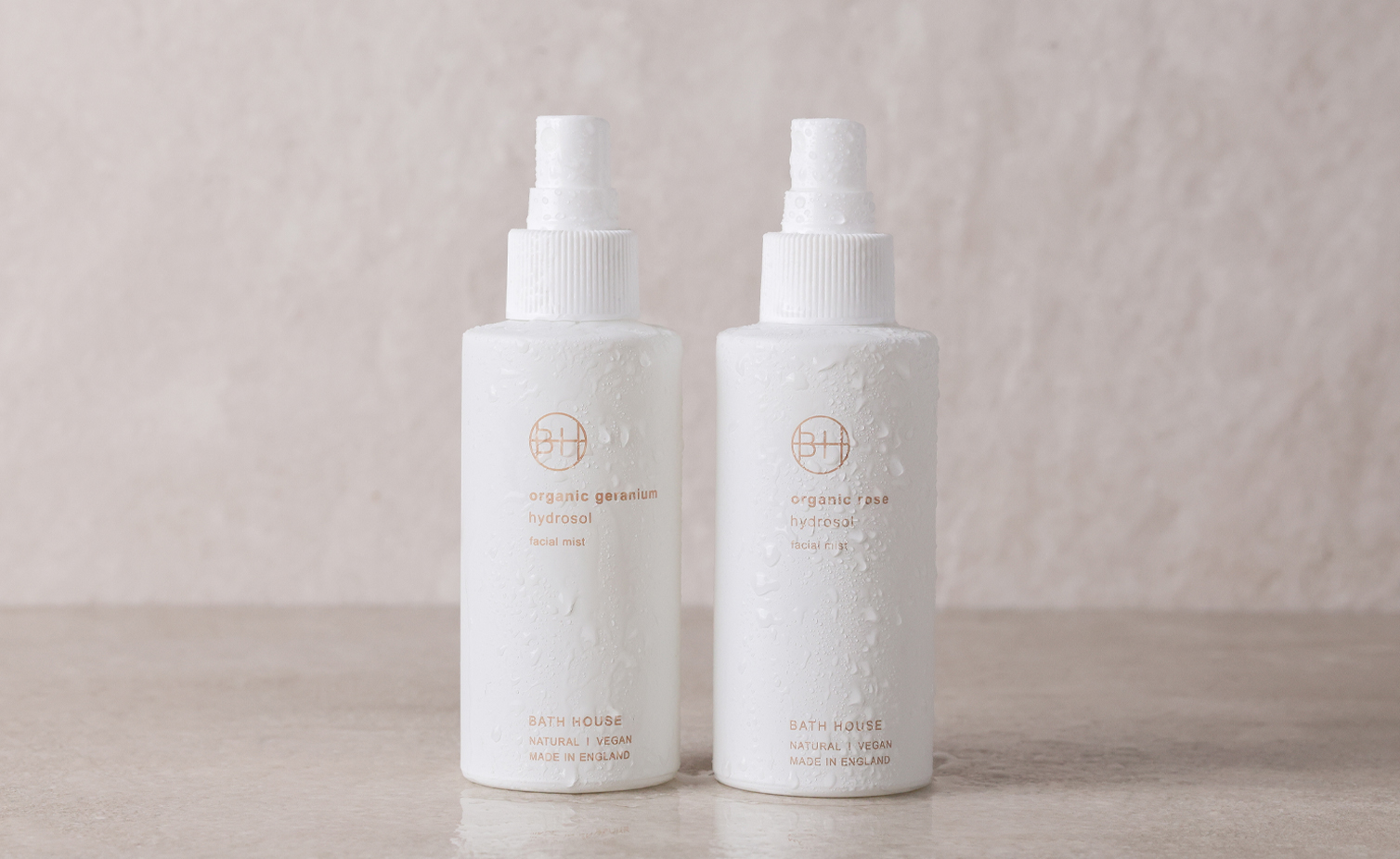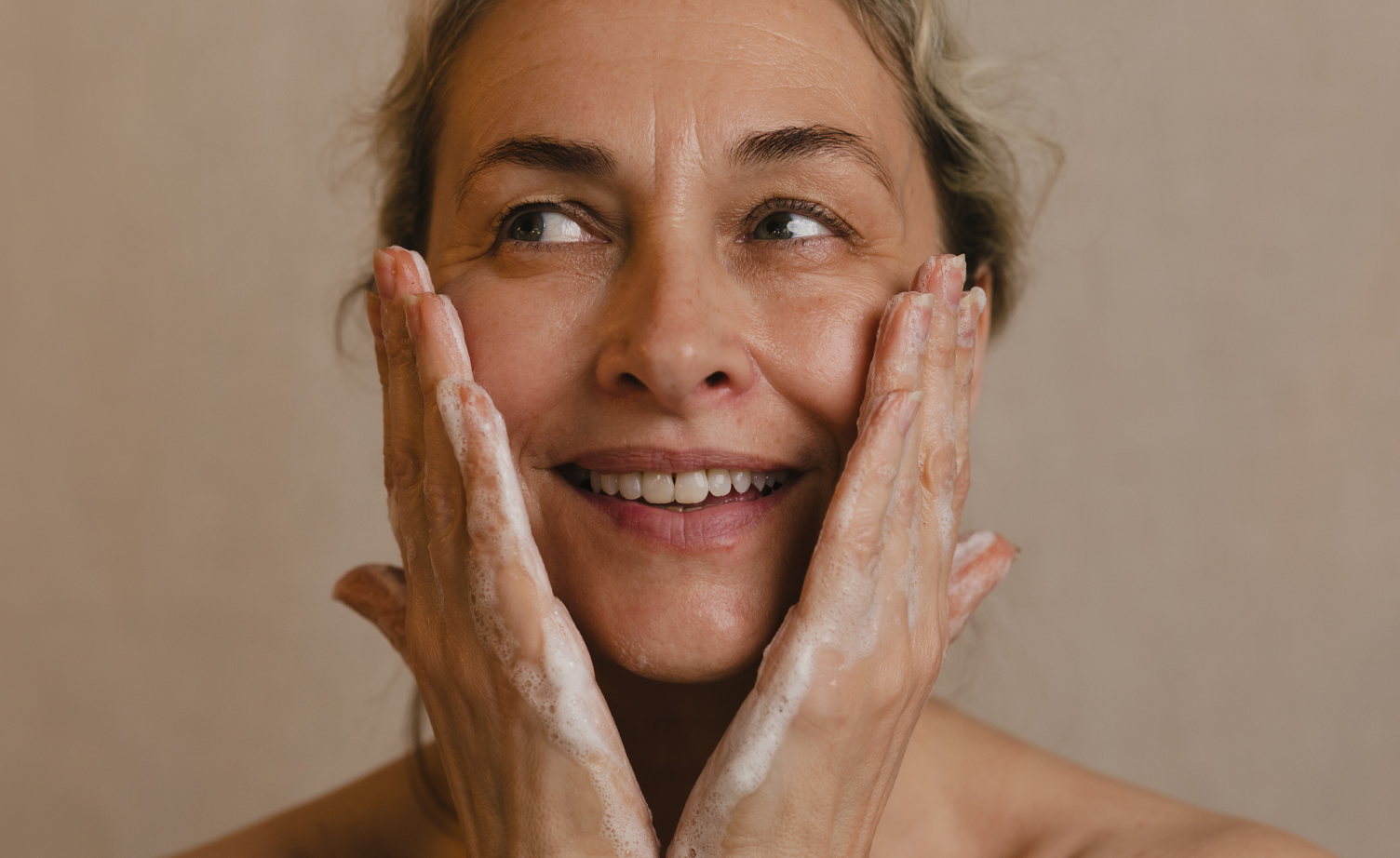How You Can Make A Sustainable Difference By Changing Your Daily Routines.
We often hear about “going green” or becoming more environmentally conscious, but what exactly does this mean? Does this suggest that you must change your entire way of life?
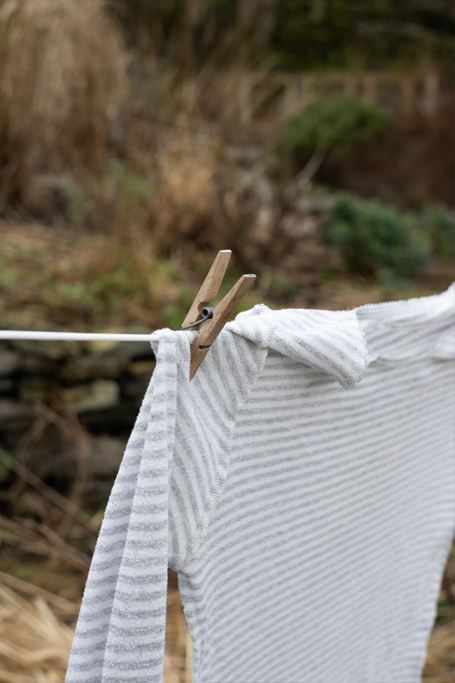
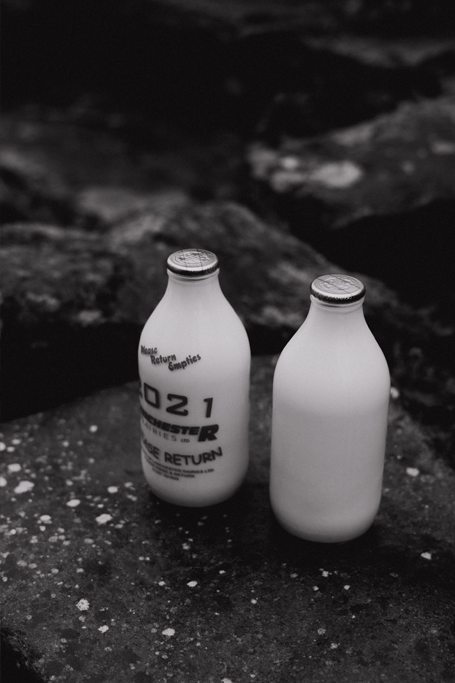
Do you need to get rid of everything you own? The answer is no! You might be hesitant to go “green” because you believe it will take too much time or that one person cannot make a “real” difference. But the truth is that even small changes add up quickly, especially with small swaps that are made daily, and these changes can be pretty simple.
From cosmetics to cleaning supplies, you can begin to become more eco-friendly by simply changing some of your regular practices. It’s up to you how far you go, but this blog will help you get started.
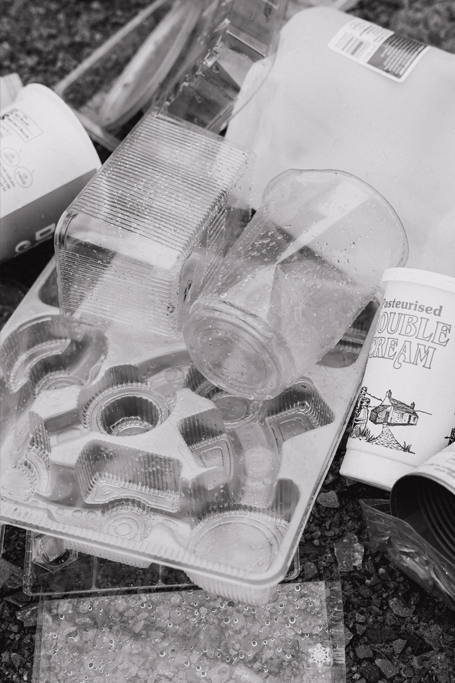

Reduce Your Single-Use Plastics
Plastic has undoubtedly made our lives easier. But now, the reality has been revealed: single-use plastic is entangling and killing our beloved turtles, whales, and other species at an alarming rate. The impact of plastic pollution on our oceans is evident; according to the Australian Marine Conservation Society, plastic bags are the most destructive plastic rubbish. Plastic bags (both lightweight and heavyweight) are one of the deadliest plastic killers of marine life. They can float easily, in both air and water, covering great distances.
There are now many alternatives when it comes to single-use plastics, and with new innovations providing more and more options, it’s time to abandon hazardous plastic products and start choosing safer, non-toxic, and environmentally friendly alternatives. Wasting natural resources is unacceptable in all aspects of life, even when major corporations don’t seem to understand that. Every item you purchase has an environmental impact and usually winds up in landfill.
We all have the ability to create vibrant, healthy oceans. Consider every single-use plastic item you use and consider a better option for you and our environment.
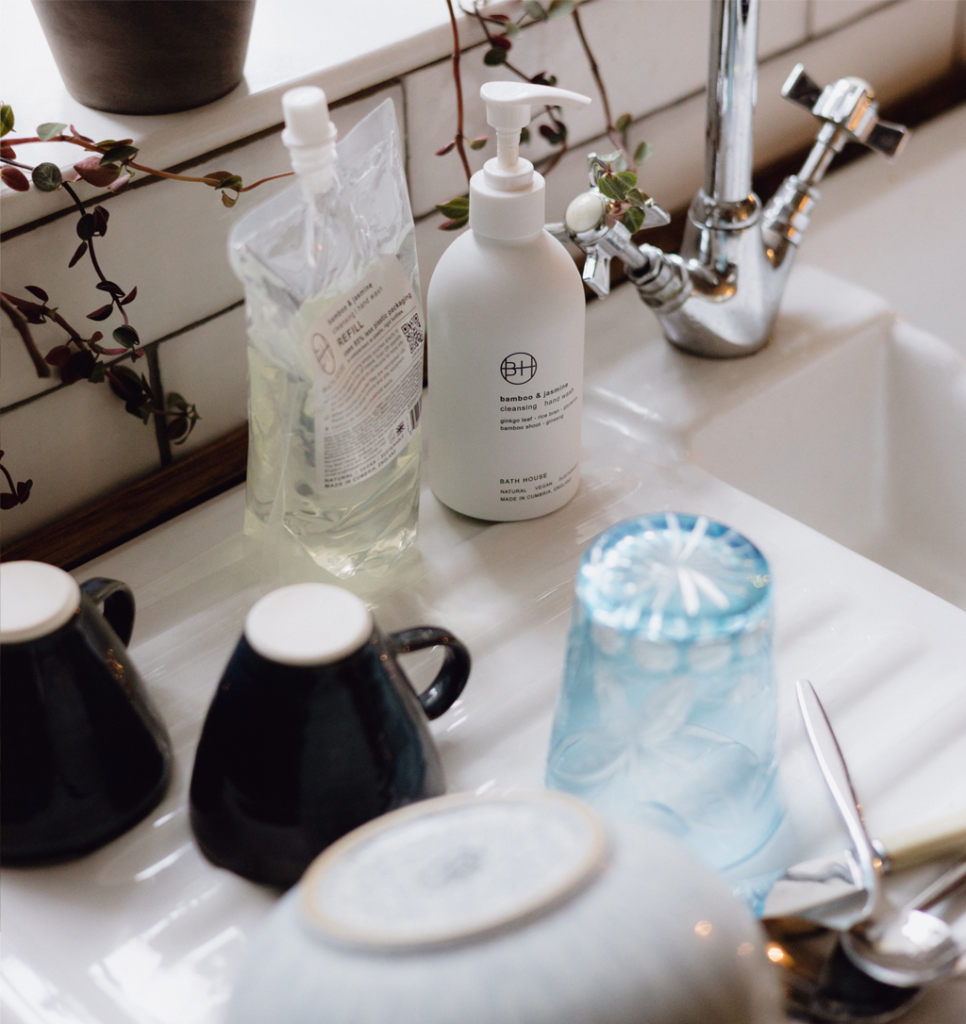
Cut Down On Your Water Waste
Water is something many of us waste without even thinking about it. When you turn on the water to brush your teeth, wash a dish, or water the plants, you often discover the tap has been running for far longer than it should have been.
Every day, the UK wastes more than three billion gallons of perfectly good drinking water. This is enough water to make 15 billion cups of tea or hydrate Africa’s entire population. This is often because there is a common misconception that because water falls from the sky and covers the majority of the earth’s surface, we will never run out. However, of course most of the water on the planet is salt water (more than 90%). The majority of the remaining 10% is encased in glaciers or on mountain peaks. Only a tiny percentage of the water on the planet is actually drinkable and accessible. Water is replenishable, but we will run into problems if we take too much of it away before it is replaced.
Chalk Streams are found only in a few places around the world, including the southeast of England. These rare streams are home to organisms that can be found nowhere else on the earth, and they are in danger of being irreversibly harmed. What is the most effective way to reduce water waste? It’s to simply be aware of how much you use, and use less of it.
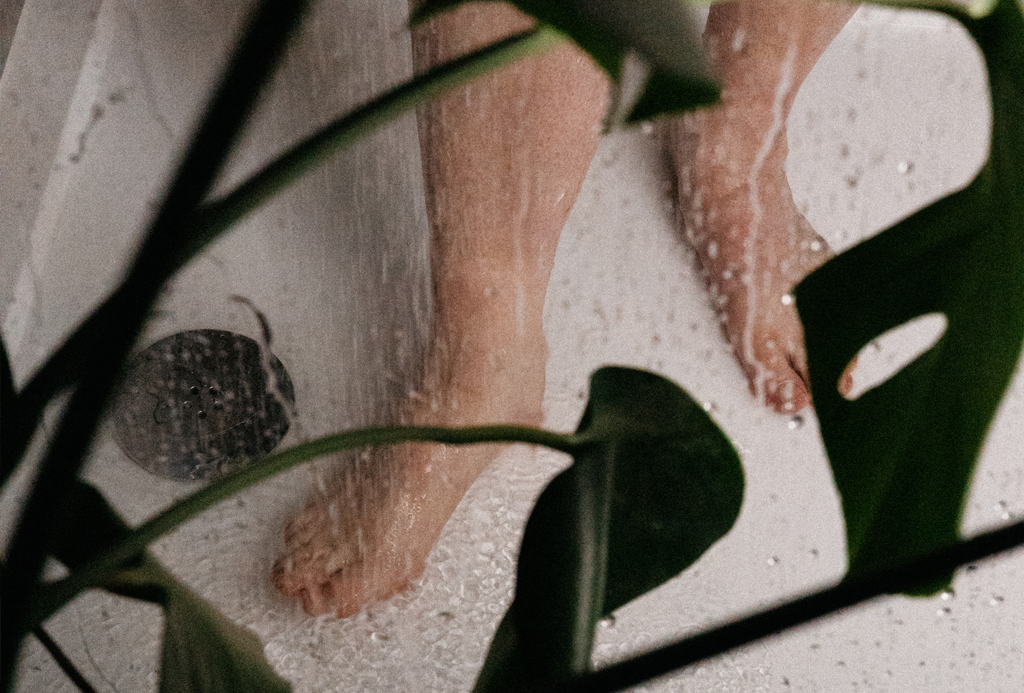
Take shorter showers, turn off the tap whilst brushing your teeth, only run the dishwasher or washing machine when you have a full load, and wash your dishes in a washing up bowl rather than running water.
And if you have to wait a while for your water to warm up? Pop a bucket under the sink and use this to water your plants!
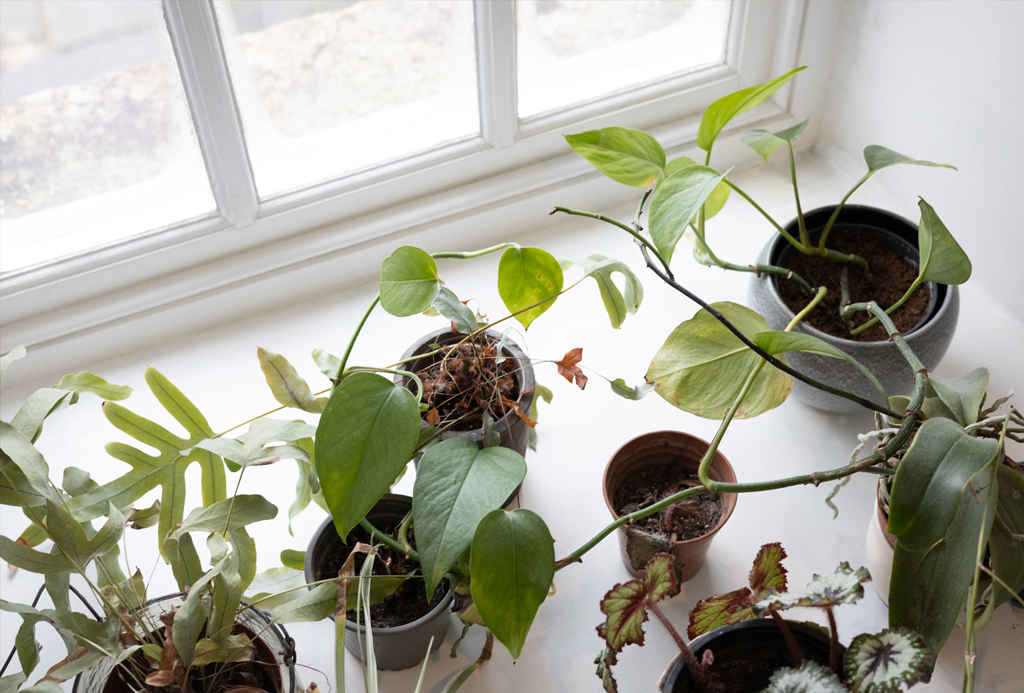
Create A Greener Bathroom
Secondary microplastics (also known as “microbeads”) are commonly discovered in facial scrubs, soaps, and other personal care products. In addition, almost all personal care and cosmetic products are currently packaged in plastic, which is a major issue.
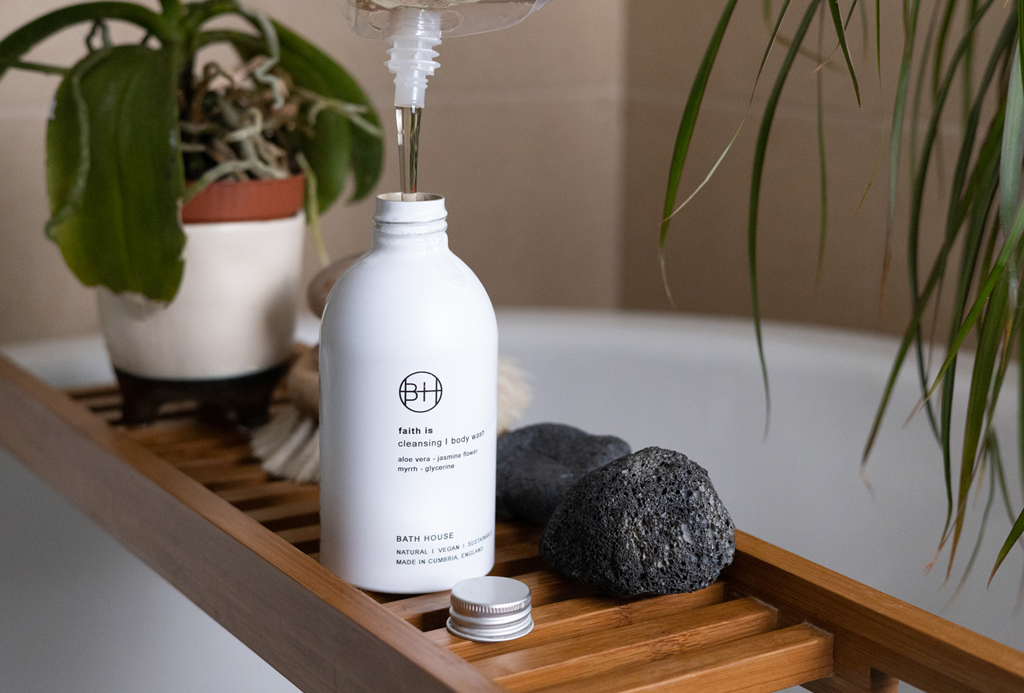
Our bathrooms might be one of the most significant producers of plastic waste in the home because they include various disposables and impulse purchases. In terms of recyclable materials, just 50% of bathroom waste is recycled compared to 90% of kitchen waste, demonstrating that there is still a huge potential for improvement in this area, both for consumers and manufacturers.
Bathroom products can take up to 500 years to degrade, which means they will last for roughly 20 generations! This definitely isn’t worth it for a product that only lasts a month or two. Did you know that the average woman generates 52,000 items of cosmetic and hygiene waste over the course of her lifetime?
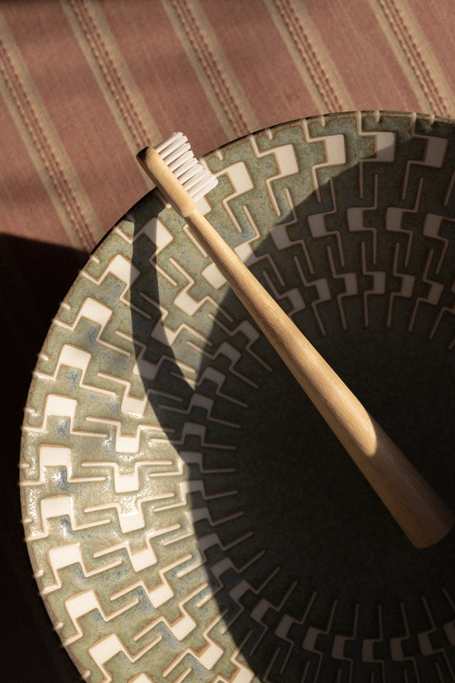
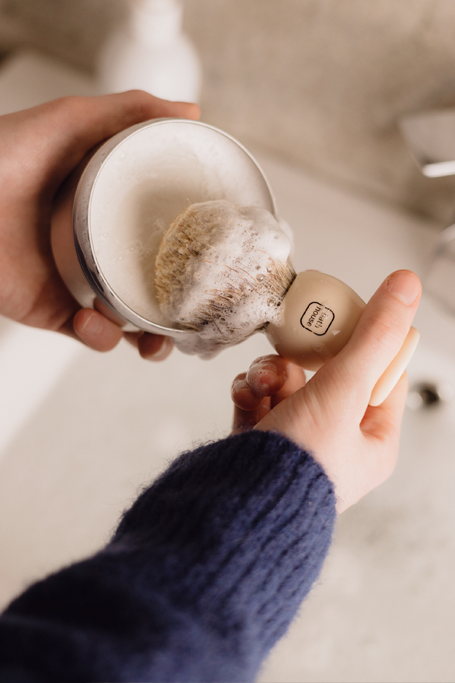
Switching to a different type of packaging that is easily recyclable or reusable, will contribute to the development of a circular economy by reducing unnecessary plastic waste. Aluminium, glass, and cardboard, for example, may all be reused multiple times, eradicating the need for further plastic production.
One of the best ways to create a greener bathroom is also to ditch the synthetic ingredients. Avoid using synthetic ingredients such as parabens, sulphates, SLES, TEA, SLS, DEA, MEA, petroleum, mineral oils, or artificial colours as these can cause further pollution on top of the plastic waste.
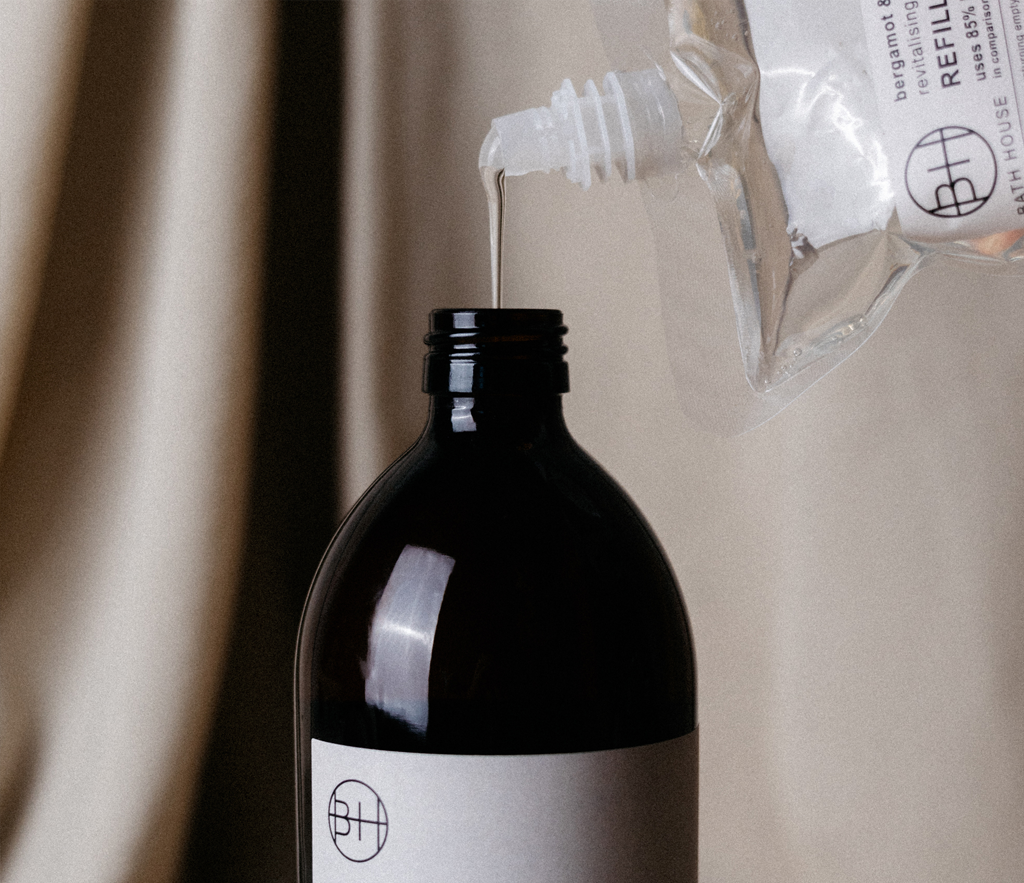
Look for products that avoid the use of unnecessary plastic bottles, tubes and jars, choose ones packaged in materials such as glass or aluminium, (aluminium unlike plastic is infinitely recyclable). More and more brands found online or in local shops offer refills or a refill service for household cleaning, bathroom and personal care products, so that perfectly good containers can be used time and time again. This principle is part of creating a circular economy, rather than a linear one and is so important to sustainability.
Imagine over a single year how much such simple changes to your daily routines would make, and of course the more people who do the same, the greater and quicker the positive affects will be.
